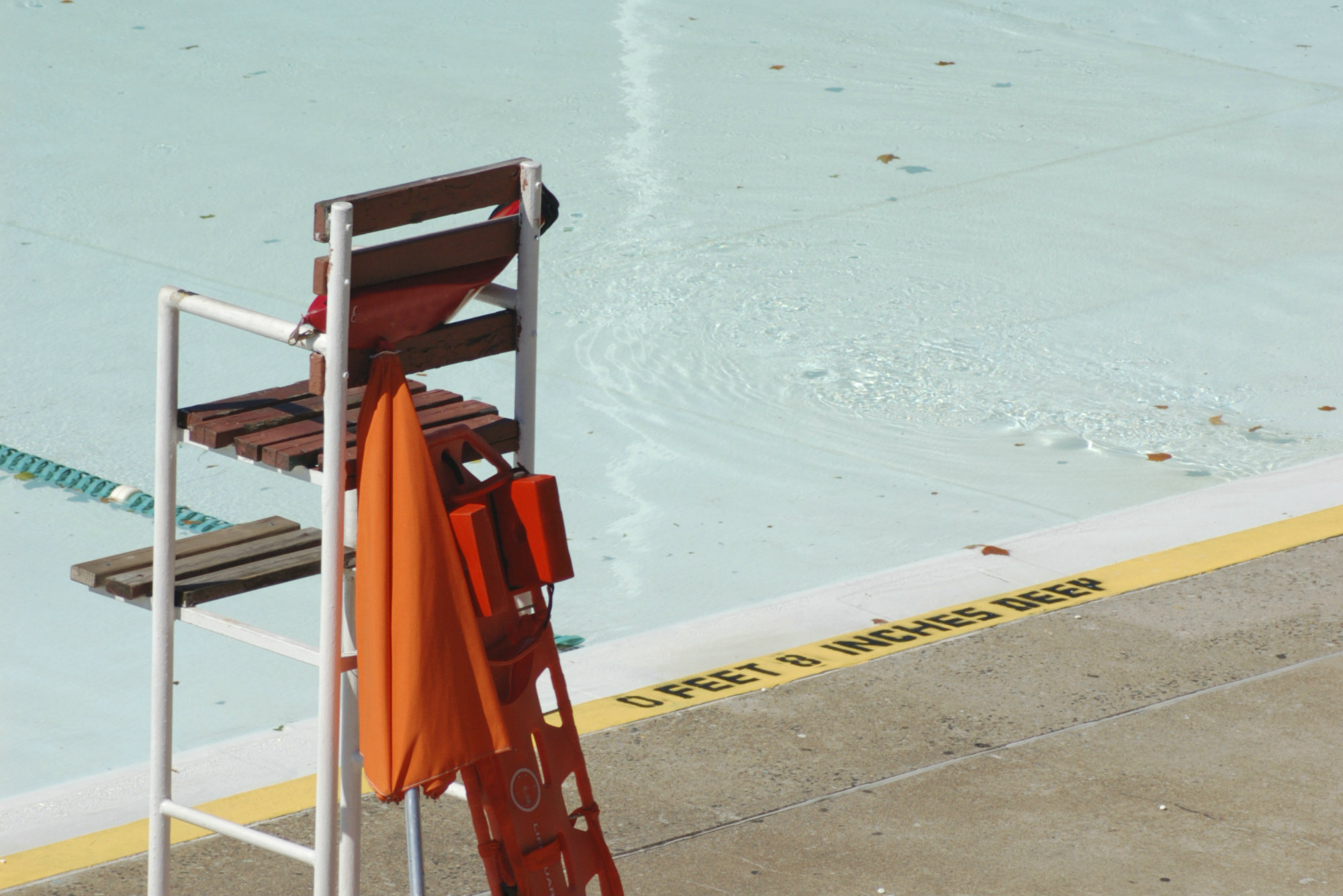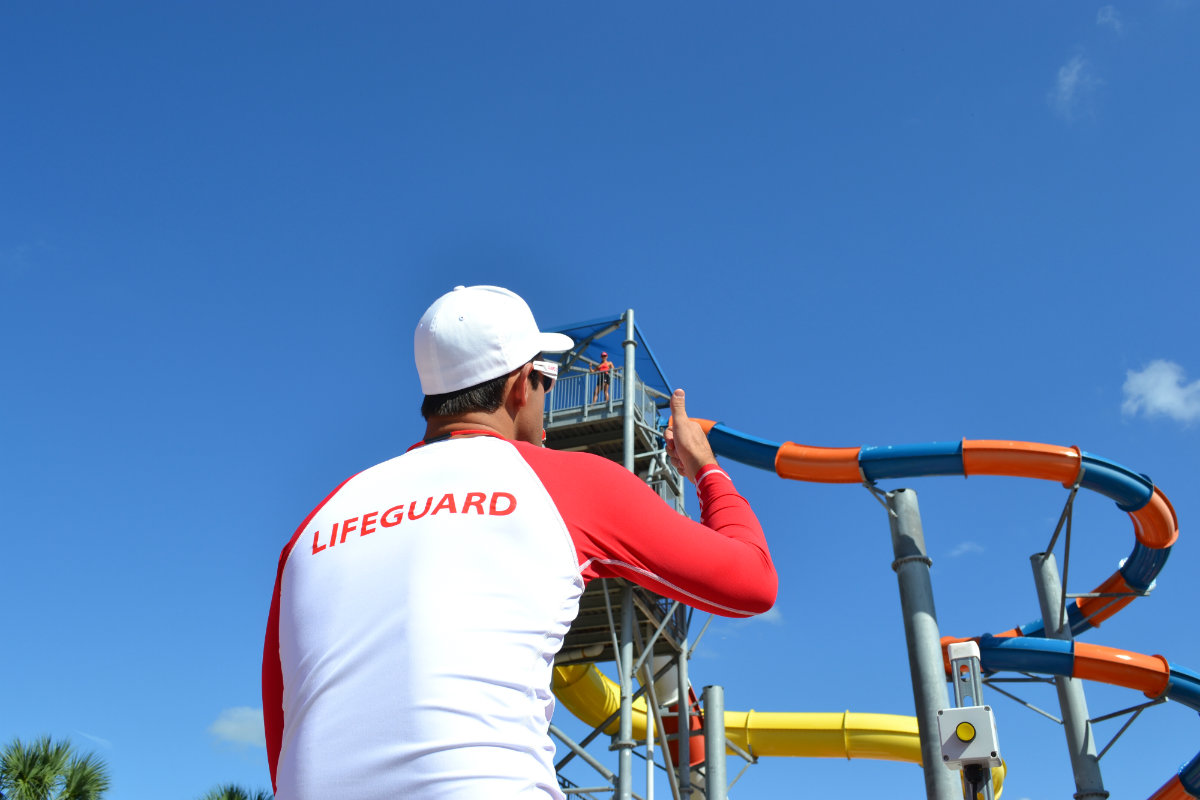The Dept. of Homeland Security recently raised the number of H-2B visas from 66,000 to 81,000 this fiscal year, deepening the talent pool for U.S. employers in need of seasonal workers. But with swim season winding down, pool management firms say it’s too late in the game to benefit.
“There wouldn’t be any employees who’d want to come here for just a month,” said the representative of a pool management company who wished to remain anonymous. (These firms often speak on the condition of anonymity, citing concerns about competition.)
That echoes the sentiments of many other seasonal industries that feel the expansion is well intended but ill-timed. The program permits non-skilled, non-agricultural foreign laborers to work short-term in seasonal industries, and it can take up to 90 days for applications to be approved.
“Though we fear this gesture may be too little, too late for thousands of small businesses that rely on legal, highly vetted seasonal guest workers to meet their peak season needs, the additional visas may help save some small businesses this year,” said the H-2B Workforce Coalition, a consortium of industry associations, in a press statement.
Had the expansion happened before Memorial Day, it would have been a much-welcome development as management firms struggled to fill lifeguard and recreational service positions. As it was, pool openings were delayed.
With hundreds of pools and thousands of positions to fill, large pool-management firms rely on H-2B visa holders to round out teams that also include cultural-exchange students and American citizens. The latter are in short supply these days, managers claim, especially in areas where the unemployment rate is low. Employers say many young adults are either uninterested in summer jobs at the pool or are unavailable because of competing obligations (i.e. family vacations and college internships.)
To fill H-2B positions, employers must show that “there are not enough U.S. workers who are able, willing, qualified and available to do the temporary work,” according to U.S. Citizenship and Immigration Services.
“We put enormous efforts to hire locally, but it is very, very difficult,” the pool manager said.
Story continues below.
-
Under Trump, J-1 Program Faces Uncertain Future
While the U.S. State Dept. proposes major changes to the program that supplies thousands of lifeguards each summer, the aquatics industry braces for a possible future without it

-
Pool Openings Delayed Due to J1 Visa Hang-Ups
Pool management companies say foreign lifeguards are being vetted more aggressively, slowing down the visa process.

-
APSP Forms Coalition to Combat Lifeguard Recruitment Restrictions
A proposed rule by the Department of State could jeopardize the aquatics industry's use of the J1 Summer Work Travel program

Outside observers, however, are skeptical of claims that local help is unavailable. They charge that foreign workers are vulnerable to exploitation, and that they cost Americans jobs. The Center for Immigration Studies, which advocates for limited immigration, took aim at the aquatics industry in a recent blog post. In it, author Preston Huennekens combed through the program’s disclosure data citing numerous positions paying well above $12.31 an hour — the average wage offered to H-2B visa workers. Among those jobs: A head lifeguard earning $35 an hour.
“It’s hard to believe that no older students returning home from school would want to continue working at their neighborhood pool in between semesters if they were being paid $35 an hour to do so — that’s more than the wage they would earn at a typical internship, which is $21 on average,” Huennekens writes.
Though DHS said that the 15,000-person expansion is a one-time deal, the industry is hopeful that the government will increase the cap again next year — preferably with more advanced notice.


